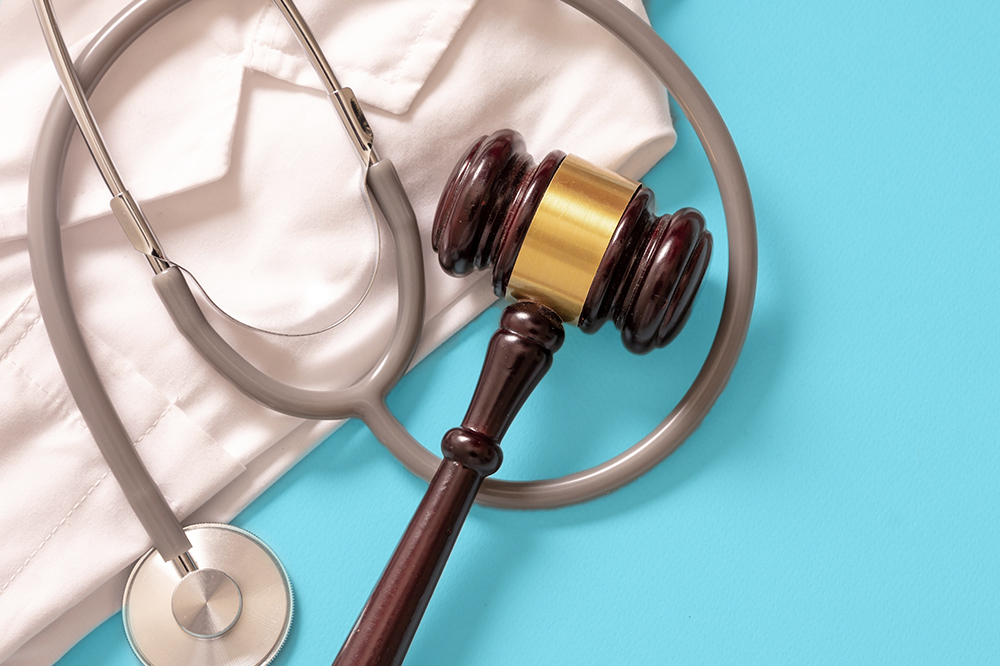On November 28, 2022, Governor Hochul signed legislation placing significant prohibitions upon hospitals and health care professionals in relation to collecting judgments in medical debt actions.

On November 28, 2022, Governor Hochul signed legislation placing significant prohibitions upon hospitals and health care professionals in relation to collecting judgments in medical debt actions.
